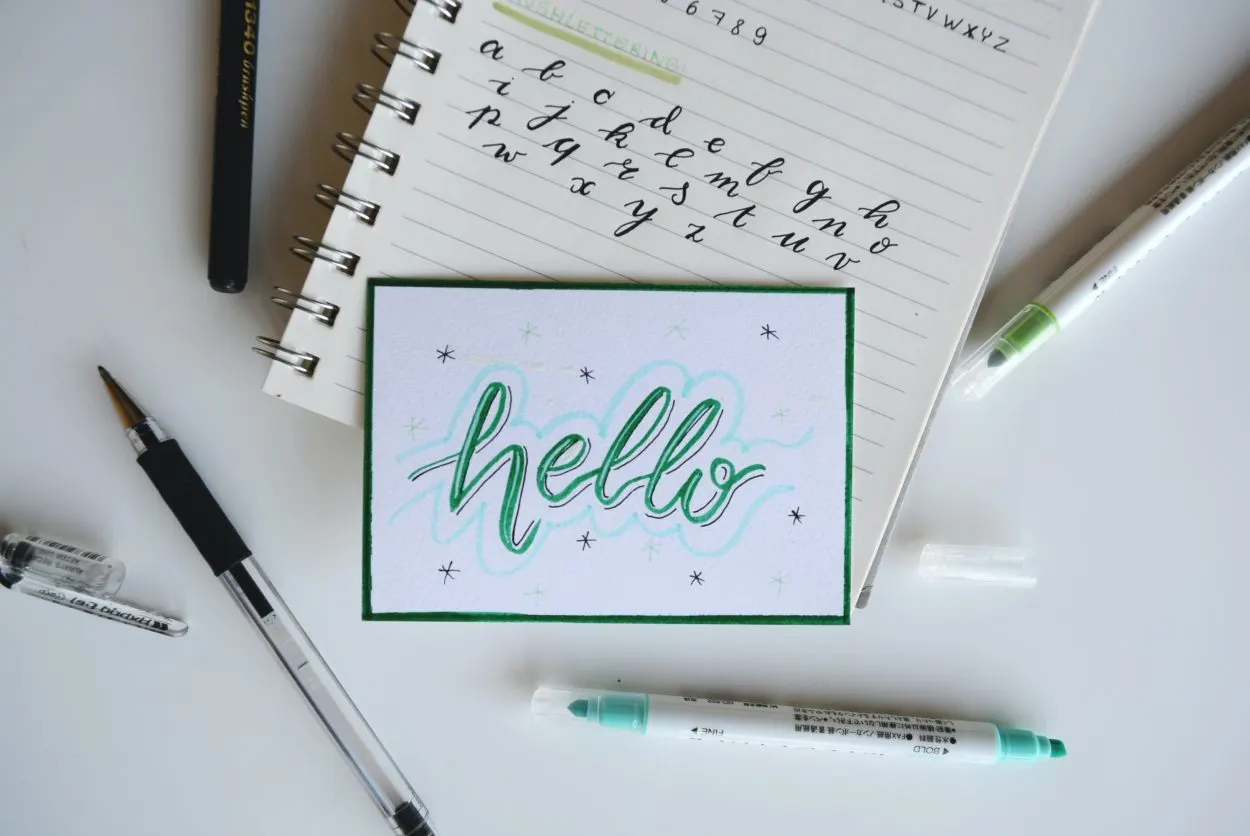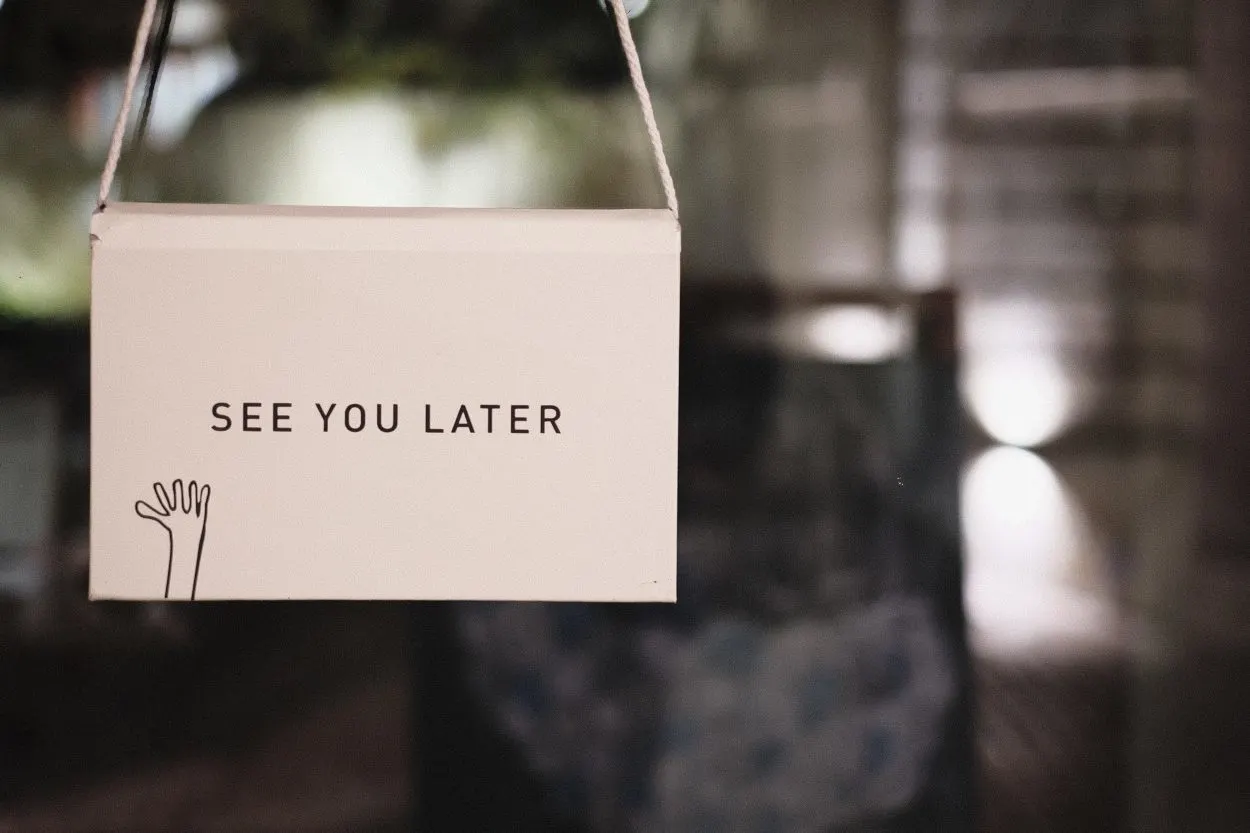When people talk, they are bound to use idioms or expressions to share their ideas or views. I mentioned ‘idioms’ and ‘expressions’ because both are different. However, most people believe that they are the same. One should know that there is more than meets the eye regarding the usage of these two words.
Idioms are meant to be taken “metaphorically” and not “literally”, for example, “barking up the wrong tree”. “literally” it would mean that someone, or a dog if you will, is barking up the wrong tree”, but “metaphorically” it means “looking in the wrong place.” In the literal meaning it made no sense, while in metaphorical meaning it makes all the sense. Moreover, idioms are also called “slang terms.”
An expression, on the other hand, is the sharing of views and ideas by speech, facial features, and body language. Expressions help the listener understand the meaning the way the speaker intended.
Using expressions to convey a message will be easier for the listener to understand than using idioms because an idiom can have multiple meanings. It’s said that idioms and expressions can have different meanings for every (country or city) of the native speaker. Moreover, speech patterns or behaviors can affect the meaning behind these words.
Proper communication is important. The exchange of words in a conversation depends on how a listener perceives the speaker’s words. If the listener is familiar with the idioms or expressions the speaker uses, there won’t be any misunderstanding.

Let’s talk about some of the most used expressions still perceived by some people incorrectly.
“See you around” and “See you later” are the most used expressions, and I’m not exaggerating when I say ‘most.’
Distinguishing “See You Around” from “See You Later”
The only difference that can be noted between “see you around” and “see you later” is that “see you around” is used when the speaker of the expression is going to be meeting you. In contrast, “see you later” is used when the speaker of the expression isn’t meeting you any time soon.
“See you around” is said when expecting the other person to be seen more often. For instance, if the person to whom you are saying this expression works in the company same as you but in a different unit or level, you will see them more frequently.
“See you later, “ on the other hand, is used to give an idea to the person you are talking to that he/she is less likely to meet with you as much as you want.
Here is a table for the differences between “see you around” and “see you later.”
| See you around | See you later |
| It’s used when the speaker and the listener live or work in the same area | It’s used to convey a message that the speaker isn’t going to be meeting or seeing the listener as frequently. |
| When it’s used it shows that the speaker won’t make an effort to meet or see the listener, they will meet when they cross paths. | When it’s used it shows that the speaker will make an effort to meet or see the listener, but what they mean is that they will meet when they cross paths. |
Keep reading to know more.
What does it mean when someone says “see you around”?

People have indeed been using “see you around” even though they aren’t going to meet the other person to whom the speaker is saying this expression. People have been using this expression instinctively, they use it interchangeably with “goodbye.”
“See you around” actually means that the speaker is going to be meeting the listener often, but nowadays that’s not the case. People say it subconsciously to avoid the conversation of actually meeting them.
“See you around” is said to the person who works or lives in the same area because, in that way, you really are going to “see them around.”
What does it mean when someone says, “See you later”?
“See you later” means what it says, but this isn’t what people mean when they say it. This expression is undermined, but it shouldn’t be. It should be said when it is called for.
“See you later” in its literal meaning means that the speaker is going to meet the listener after some time. However, this isn’t what people mean when they say it, when the speaker is saying this, he/she means that they aren’t going to make an effort to meet the other person later, they will meet them if they happened to encounter them.
How do you respond to “I’ll see you around”?

Well, that’s as simple as it can get. Most people respond to it with a nod or just say, “Sure thing.” It depends on the person and what kind of relationship the speaker and the listener have.
However, there are some other responses to “see you around” that you can say,
- See you!
- See you later!
- I’ll be seeing you!
- Take care!
- Take it easy!
Moreover, the response depends on who you are responding to. For instance, if you are responding to your boss, you wouldn’t want to say, “Take it easy,” but you can say, “have a nice day.”
But, if instead of your boss, the speaker is your friend, you can respond to him/her by saying the expression I listed above.
Is it rude to say, “See you around”?
Saying “see you around” isn’t rude, but you can’t say it to everyone; saying this to your friends and family is fine, but saying it to your teacher or boss is unusual.
“See you around” is said to a person with whom you have a casual relationship.
“See you around” means that the speaker will see you more frequently as you work or live in the same area.
As everyone knows the meaning of “see you around,” saying it to your boss or someone who doesn’t live or work in the same vicinity might sound rude.
What to say instead of “See you later”?

“See you later” is used instinctively. However, it’s used to convey the message that the speaker isn’t actually going to see you. They say this so they don’t have to get into the conversation of meeting you.
If one doesn’t want to say “see you later” because some people might take it literally, there are other expressions you can use instead.
- I’ve got to get going, or I must be going.
You can say this instead of “see you later” because it shows that you are in a hurry so that the other person won’t bring up any new topic.
- Take it easy.
This is casual, so it should be said to only friends or family.
- Have a nice day, or Have a good one.
This is a formal way of saying ‘goodbye.’ you can say it to almost anyone, whether it’s your friend or your boss.
- I look forward to our next meeting.
This is a formal way of ending a conversation, and it’s mostly said to a person with whom the speaker has a formal relationship.
- It was nice to see you again, or It was nice seeing you.
This could be said to almost anyone because it isn’t formal or casual.
- I gotta jet, I gotta take off, I gotta hit the road, or I gotta head out.
These are very casual and are said when you are in a hurry.
- I’m out, I’m off, or out of here.
Same as above, but it doesn’t sound like one is in a hurry.
Here is a video for other ways to say ‘goodbye’ or end a conversation.
To Conclude
Both “See you later” and “See you around” are informal alternatives to the word “goodbye“. These expressions are common in casual conversations with friends and family. However, they are not typically used in formal settings.
- Idioms and expressions are crucial for communication. They differ in meaning and usage.
- Idioms are like metaphors with many meanings, while expressions directly share ideas.
- Correctly using idioms and expressions is crucial for effective communication. Understanding the meanings of idioms enhances communication.
- “See you around” and “See you later” are common expressions with nuanced differences.
- “See you around” implies that the speaker will meet the other person soon. It can be in the same city or the same work setting.
- “See you later” suggests less frequent encounters. It usually means ‘by chance’.
- Responses to these expressions vary based on the speaker-listener relationship.
- Alternative phrases to “see you later” suit different contexts and relationships.

